Speaker
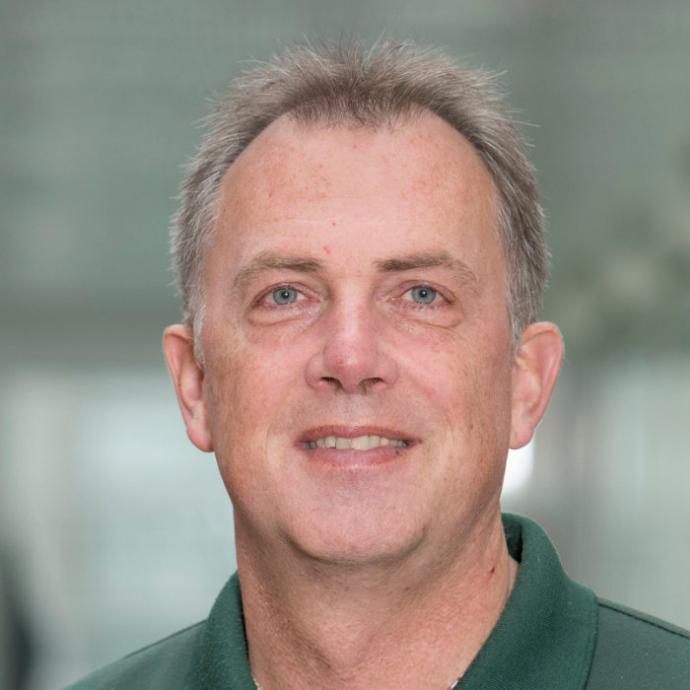
Allan Stensballe
Associate Professor, Aalborg University. Translational Pain Neuroscience & Precision Health, Aalborg, Denmark
Allan Stensballe is a teamleader and researcher at Aalborg University, Denmark, specializing in biomarkers, omics technologies, and translational clinical proteomics. His work bridges biochemistry, analytical chemistry, and clinical research to identify and validate molecular markers for disease diagnosis, prognosis, and treatment monitoring. With extensive experience in mass spectrometry-based proteomics and systems biology, Stensballe has contributed to advancements in understanding complex biological processes across health and disease. His research integrates multi-omics data—proteomics, metabolomics, and genomics—to uncover mechanistic insights and support precision medicine. Through interdisciplinary collaboration, Allan Stensballe aims to translate molecular discoveries into clinically relevant biomarkers and diagnostic innovations.
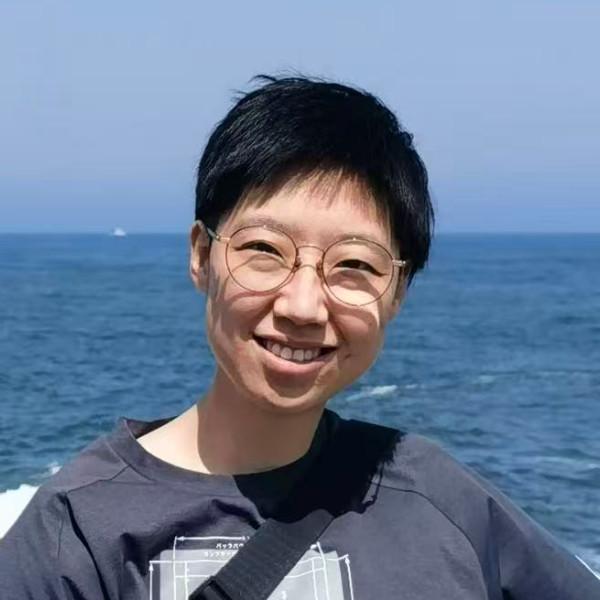
Yaoting Sun
Postdoctoral Researcher
Department of Proteomics and Signal Transduction, Max Planck Institute of Biochemistry, Planegg, Germany
Dr. Yaoting Sun is a postdoctoral researcher in the Mann Lab at the Max Planck Institute of Biochemistry, where she develops high-throughput spatial single-cell proteomics for clinical diagnostics and therapeutic stratification. Her research integrates advancedmass spectrometry and AI-driven analytics to decode tissue architecture and cellular heterogeneity directly in patient samples. With over 3,000 citations (h-index 19), her work bridges cutting-edge proteomic technologies and translational medicine, advancingprecision oncology through clinically actionable spatial proteome profiling.
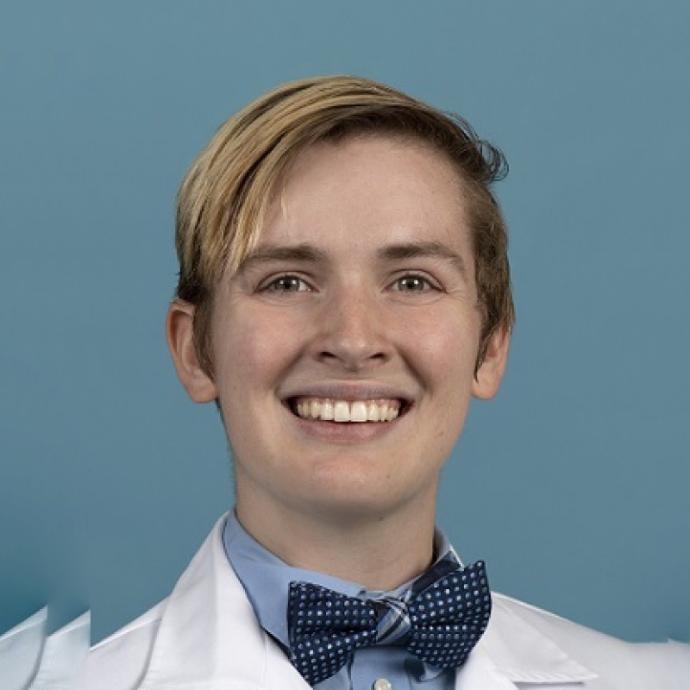
Laurel Hiatt
MD/PhD candidate, University of Utah, Department of Human Genetics, Salt Lake City, USA
Laurel Hiatt is an M.D./Ph.D. candidate at the University of Utah pursuing a Ph.D. in Human Genetics. Through a National Cancer Institute fellowship, their dissertation explores how mutational patterns in normal colon tissue may influence the development of colorectal cancer. Additionally, Laurel applies expertise in bioinformatics to study disorders caused by short tandem repeat expansions (such as Huntington’s disease), diagnose pediatric rare disease cases, and evaluate health disparities in transgender populations through electronic health records. Laurel serves on a Genetics Society of America subcommittee and anticipates a career as a physician scientist in pediatric medical genetics.
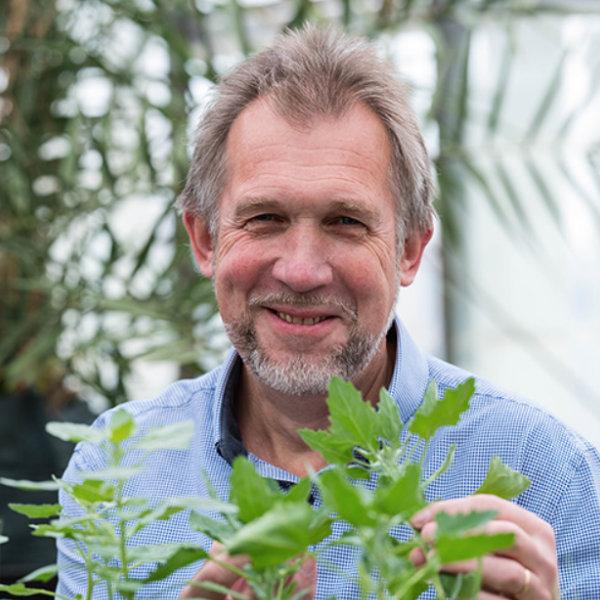
Sergey Shabala
Professor at the University of Western Australia, Perth, Australia
Sergey is a UWA Chair in Plant Physiology at University of Western Australia and a Head of the Stress Physiology laboratory. His area of expertise is plant stress physiology and mechanisms of plants adaptation to harsh environmental conditions such as drought, salinity, waterlogging, oxidative stress, and nutritional disorders. Over his research career, Sergey has published over 500 peer-reviewed papers and successfully supervised to completion 58 PhD students. He is an ISI Highly Cited researcher for the last nine consecutive years. His current H-index is 122, and his work has been cited about 50,000 times.
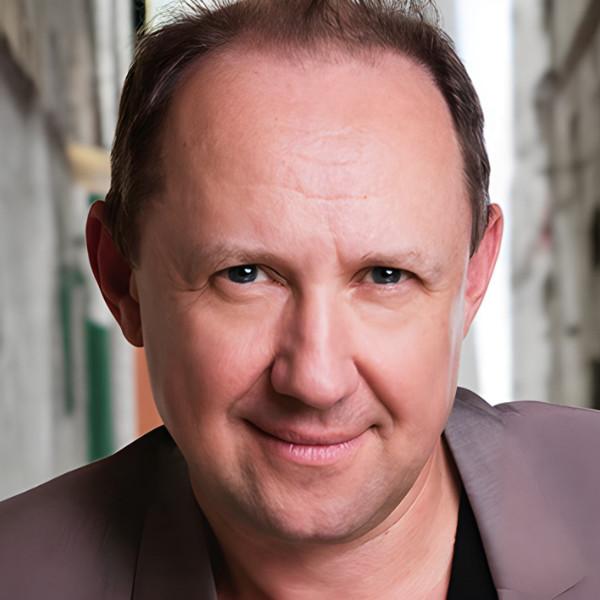
Roman Zubarev
Professor at the Karolinska Institute, Stockholm, Sweden
Roman Zubarev is a professor of Medicinal Proteomics at the Karolinska Institutet, Stockholm (since 2009), with a PhD. degree from Uppsala University, Sweden (1997). He is best known for the discovery of electron capture dissociation and the isotopic resonance phenomenon, development of instruments and methods for biological mass spectrometry, and their applications to diverse biomedical problems, including the mechanism, biomarkers and potential prevention of Alzheimer’s disease, as well as the targets and action mechanisms of drugs against cancer cells and microorganisms. His group was the first to perform chemical proteomics analysis at a single cell level.
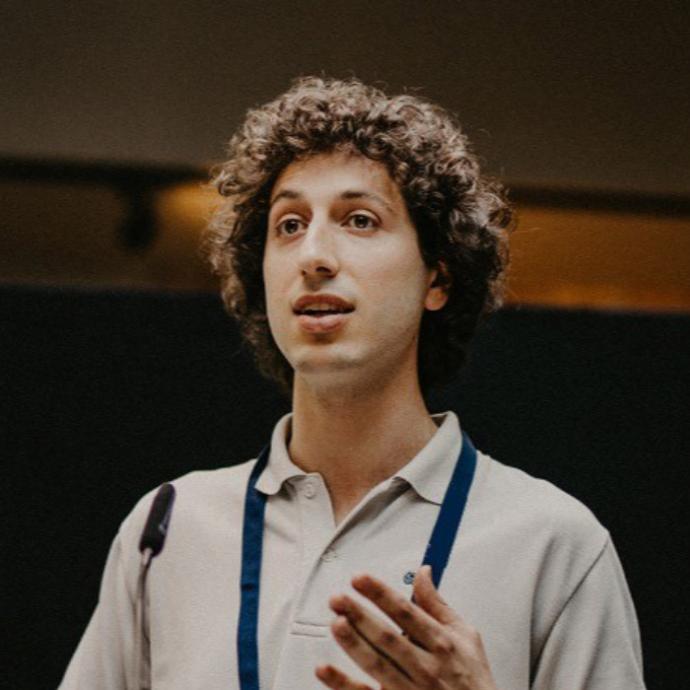
Tancredi Massimo Pentimalli
Scientist at the Berlin Institute of Medical Systems Biology (MDC-BIMSB), Berlin, Germany
Tancredi combines an interdisciplinarytraining in medicine (MD, University La Sapienza in Rome) and computational biology (PhD, Charite Universitatsmedizin in Berlin)and he is interested in the systems-level analysis of human diseases, particularly focusing on the tumor microenvironment (TME).
After his medical training, he joined the group of Nikolaus Rajewsky where he developed approaches for the multimodal spatial analysis of TME in 3 and 4D (time). Now at the end of his PhD, he is looking forward to opportunities for the clinical translation of spatial transcriptomic approaches.

Fatima Ben Mohamed
R&D project manager at Rarecells Diagnosis, Paris, France
Doctor in Molecular and Cellular Biology and Healthcare, with over 10 years of experience as an R&D Project Manager specializing in liquid biopsy using the ISET® technology. Expert in single-cell molecular and cellular analysis, with a focus on circulating tumor cells (CTCs) for cancer diagnostics and research. Successfully led multiple innovative projects and contributed to the advancement of precision oncology, highlighted by more than 10 peer-reviewed publications.
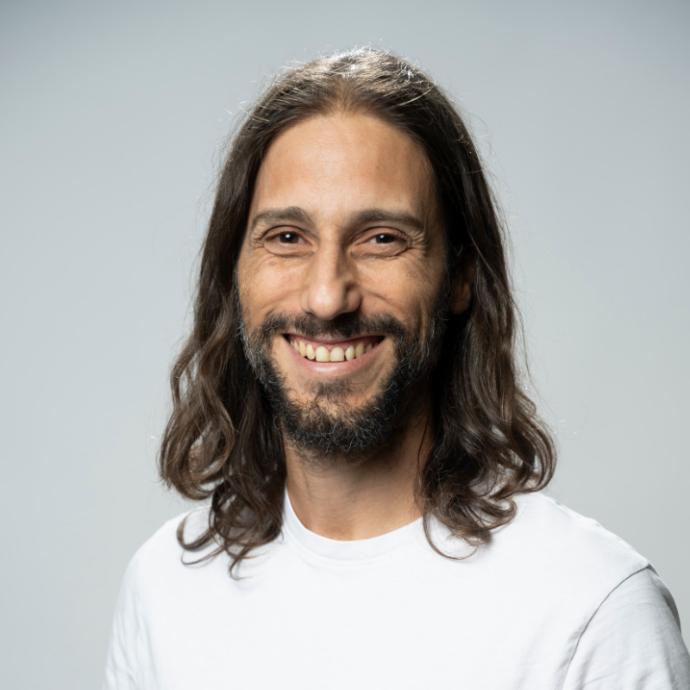
Pedro Escoll
Associate Professor at the Microbiology Department of Institut Pasteur, Paris, France
Pedro Escoll leads the "Metabolic Host-Bacteria Interactions" team at the Institut Pasteur, studying how intracellular pathogens reprogram host cell metabolism. Focusing on Legionella pneumophila and Salmonella Typhimurium, his team uses human primary macrophages to explore how bacteria reshape host metabolic networks. By combining cell biology, bacterial genetics, advanced bioimaging, and single-cell metabolic profiling, they investigatethe metabolic heterogeneity of macrophages during infection. By tracking single-cell responses, they have built AI models predicting infection outcomes from mitochondrial signals and metabolic dynamics. Their goal is to identify metabolic vulnerabilities toguide host-directed therapies against intracellular bacterial infections.

Joel Moffet
PhD student in the Brain Cancer Research Laboratory at WEHI in Melbourne, Australia
Joel is a final-year PhD student in the Brain Cancer Research Laboratory at WEHI in Melbourne, Australia. He completed undergraduate studies in 2020 at the University of Western Australia, majoring in Genetics and Statistics. He then received First Class Honours in Medical Research at the Harry Perkins Institute in Perth in 2021, investigating stable integration onto a single-cell reference of brain development from foetal stages through to adulthood. His current research aims to characterise the complex intricacy of brain cancers in three dimensions at single-cell resolution, using emerging spatial-omic platforms, genetically engineered mouse models, and integrative analysis strategies.
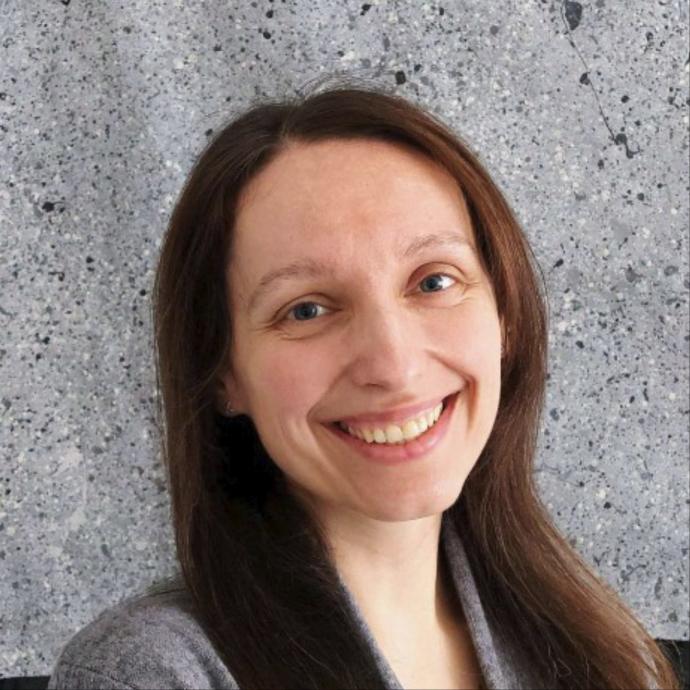
Ana Prohaska
Assistant Professor, Globe Institute, University of Copenhagen, Denmark
Ana Prohaska leads a research group at the intersection of ancient genomics, palaeoecology, evolutionary biology, and conservation science. Her work explores how species and ecosystems responded to past ,environmental changes, providing insights for biodiversity conservation in the face of climate change, land use shifts, and emerging diseases. By uncovering the genetic basis of resilience, her team develops tools to inform conservation and restoration strategies. Focusing on threatened keystone species, Prohaska’s research aims to recover lost genetic diversity and strengthen ecosystem resilience, contributing to global efforts to address the sixth mass extinction.
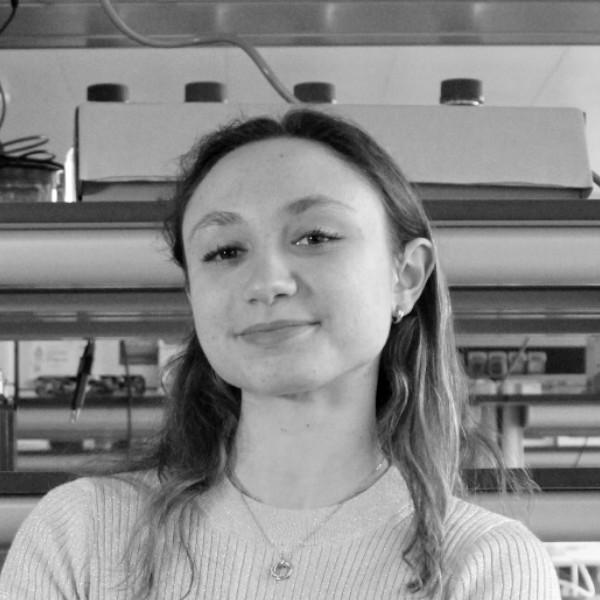
Carlotta Barelli
PhD Student, Kalebic Group, Human Technopole, Milan, Italy
During an MSci in Neuroscience at King’s College London, Carlotta worked on human brain development and inflammation. Carlotta then moved to Human Technopole in Milan for a PhD in the Kalebic group, working at the intersection between neurodevelopment and brain cancer. Specifically, Carlotta is studying the role of glioblastoma stem cells in tumour aggressiveness through spatial transcriptomics, advanced imaging, and electrophysiology.